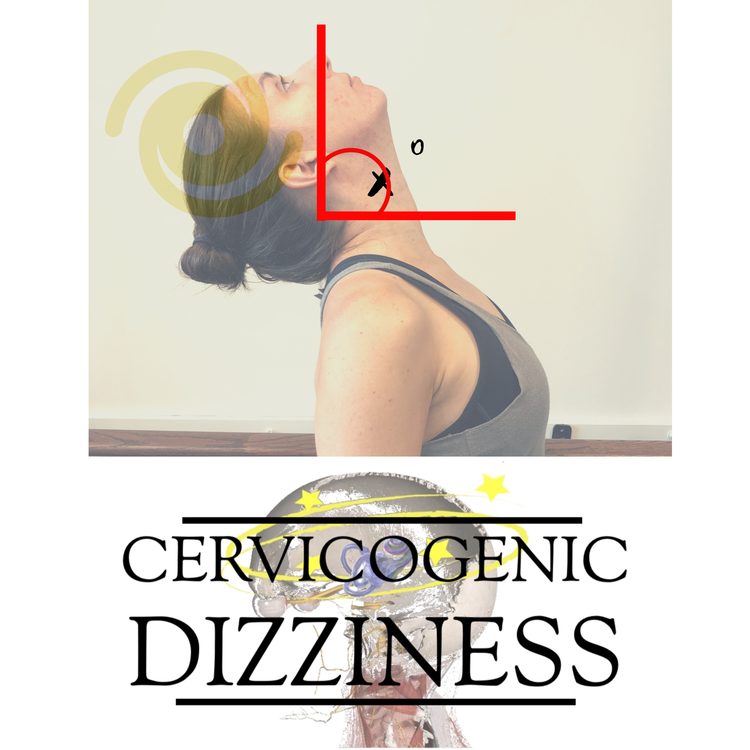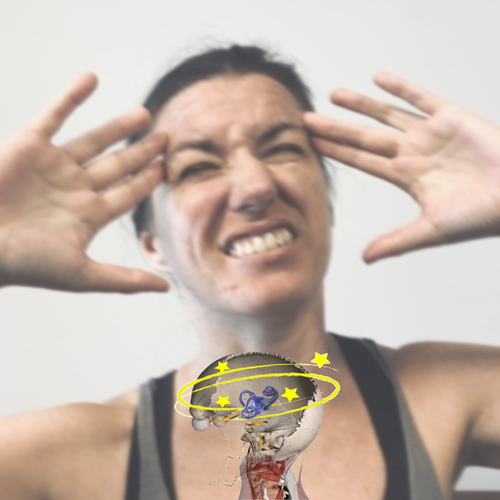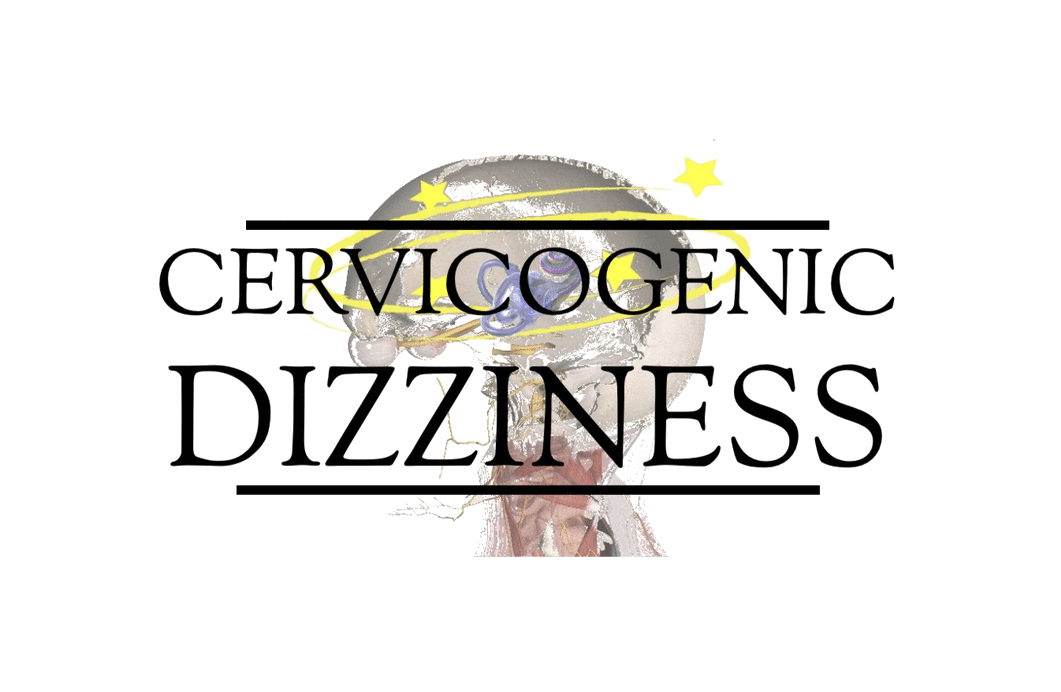Save 60% of time with the shortened Dizziness Handicap Inventory

SAVE 60% OF TIME WITH THE SHORTENED DIZZINESS HANDICAP INVENTORY
In any vestibular, neurological or even orthopaedic practice that treats patients with dizziness and vertigo, the use of the Dizziness Handicap Inventory (DHI) is the most popular self-report questionnaire. We have written about this outcome measure for sensorimotor disorders in a previous post to utilize for clinical practice. You can also access the DHI, and other sensorimotor measures, on our Cervicogenic Dizziness Kit page.
Even though answering 25 questions isn't the biggest time consuming event for patients and clinicians, it is always nice to do less and get same outcome. Recently, van Vugt and colleagues in 2020 thought this way too. The authors studied a 10 item questionnaire, entitled shortened version of the Dizziness Handicap Inventory (DHI-S) --- initially created by Jacobson & Calder in 1998 --- and compared its psychometric properties compared to the gold standard of the DHI.
The most used method to measure vestibular symptoms such as vertigo and dizziness is the 25-item Dizziness Handicap Inventory (DHI) questionnaire, but the abbreviated 10-item DHI-S questionnaire is more suitable for daily clinical practice.
Here is the main points that come from the article:
DOWNLOAD THE DHI-S FORM HERE

SO HOW DOES THIS RELATE TO CERVICOGENIC DIZZINESS?
As noted in the title, 60% of the questions are omitted in the shortened version of the DHI. Unfortunately, the DHI-S is missing 2 out of 3 key questions that Susan Reid & colleagues found in 2017 to screen patients with Cervicogenic Dizziness.
The key questions on the DHI for screening for Cervicogenic Dizziness are:
Does looking up increase your problem? (P1)
Because of your problem, are you afraid to leave your home without having someone accompany you? (E9)
Do quick movements of your head increase your problem? (P11)
The DHI-S does include #2 above, which would usually be answered, "No", if someone has Cervicogenic Dizziness. However, #1 and #3 above, which would usually be answered, "Yes", if someone has Cervicogenic Dizziness, are missing.
Therefore, if you are using the DHI to screen patients and assist in ruling out Cervicogenic Dizziness (such as prior to your physical examination), you will be missing too many data points, at least based on Reid's 2007 work, from the DHI-S to make an appropriate call. Also, the items missing in the DHI-S do not show the potential of head on neck awareness as #1 and #3 above ask, again, confirming not a good measure for Cervicogenic Dizziness.
Cervicogenic Dizziness Course
You can learn more about the screening and treatment process of Cervicogenic Dizzinesss through Integrative Clinical Concepts, where the authors (husband–a manual therapist a wife—a vestibular specialist), teach a very unique course combining both the theory and practice of vestibular and manual principles in their 2-day course. Pertinent to this blog post, the 2nd day includes the “Physio Blend”, a multi-faceted physiotherapist approach to the management of Cervicogenic Dizziness, which includes treatments of the articular and non-articular system of manual therapy and the most updated sensorimotor exercise regimen.
If you would like to host a course for your staff (either a vestibular, neuro, sports or ortho clinic), please do not hesitate to contact me at harrisonvaughanpt@gmail.com for more information.
AUTHORS
Harrison N. Vaughan, PT, DPT, OCS, Dip. Osteopracic, FAAOMPT
Instructor: Cervicogenic Dizziness for Integrative Clinical Concepts
Danielle N. Vaughan, PT, DPT, Vestibular Specialist
Instructor: Cervicogenic Dizziness for Integrative Clinical Concepts



